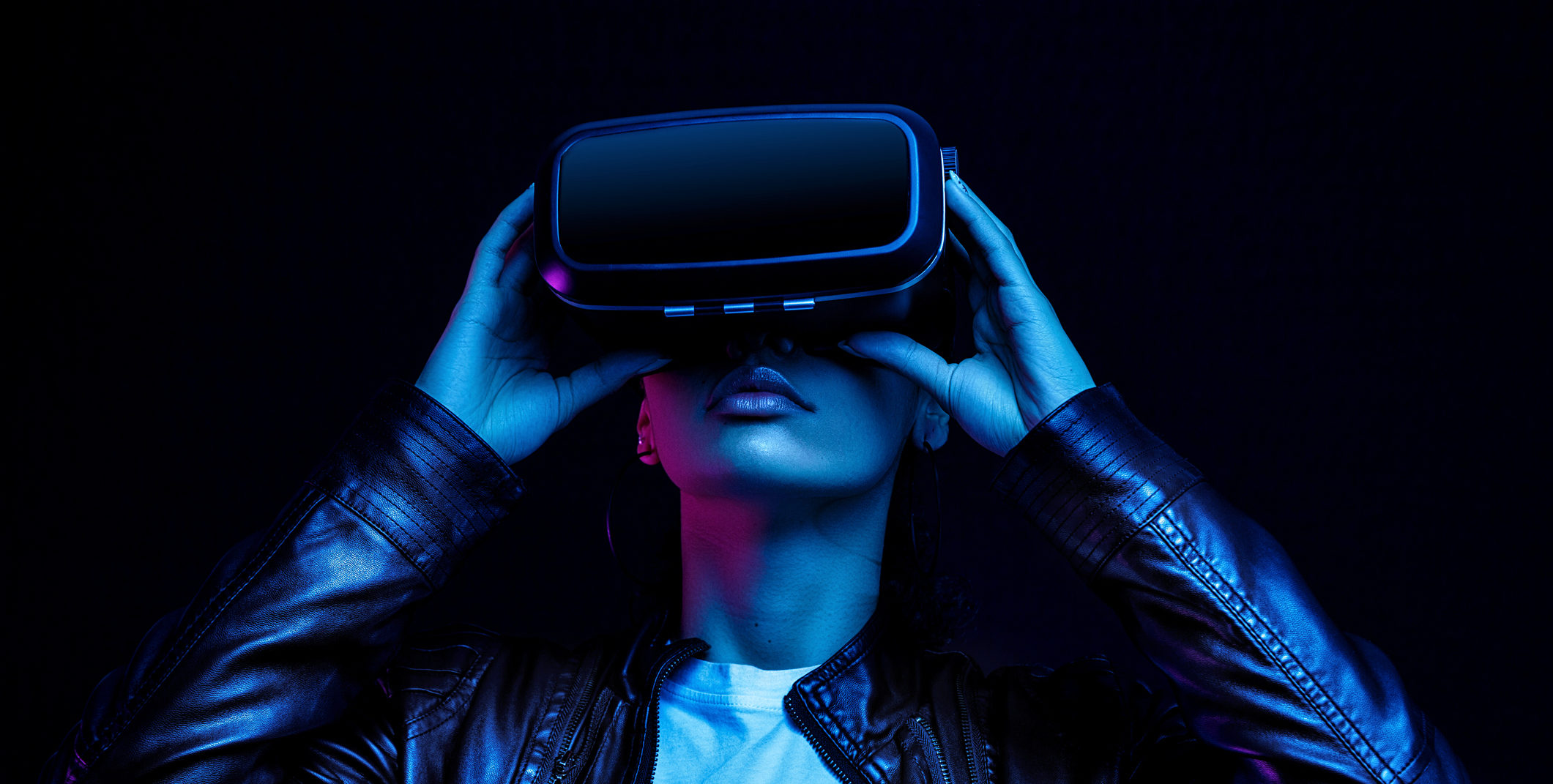News Blast: Your Daily Update
Stay informed with the latest news and trends.
Reality Check: Are We Living in a Virtual World?
Is reality just an illusion? Dive into the mind-bending exploration of our virtual world and discover what’s truly real!
Exploring the Matrix: Signs We Might Be Living in a Simulation
As technology continues to advance at an astonishing pace, the concept of living in a simulation has gained traction among philosophers and scientists alike. Some argue that the reality we perceive might just be a highly sophisticated simulation. This idea, often referred to as the simulation hypothesis, suggests that our universe could be an artificial creation, much like a computer program. Signs supporting this theory range from the peculiar behaviors of particles in quantum physics to the increasing realism of virtual reality environments. Some even posit that the rapid growth of technology might mean we are approaching a point where creating such simulations could become possible.
Several intriguing phenomena could hint at the existence of a simulation. For instance, many people experience moments where time seems to pause or glitches in memories make them question reality. Additionally, researchers have noted that the universe appears to exhibit a kind of underlying structure, similar to the code in a program. Observations such as the fine-tuning of physical constants and the limits of speed and distance suggest that there might be constraints akin to those found in a digital environment. As we delve deeper into the mysteries of existence, these signs compel us to consider whether we might indeed be living in a carefully crafted simulation.

The Virtual vs. Reality Debate: What Science and Philosophy Say
The debate between virtual reality and the concept of reality is a multifaceted discussion that spans both science and philosophy. In the realm of science, advancements in technology have blurred the lines between the two, where immersive environments can create experiences that feel as tangible as the physical world. For instance, studies indicate that our brain processes virtual experiences similarly to real ones, raising questions about the nature of perception and existence. This scientific perspective challenges us to reconsider what we define as 'real' and how our sensory experiences shape our understanding of reality.
Philosophically, thinkers like Plato and Descartes have long pondered the distinction between perception and reality, suggesting that our beliefs about the world may be mere shadows of the true essence of things. The virtual reality debate intensifies these inquiries, compelling modern philosophers to explore ideas of simulation and existence. Are our experiences in virtual spaces as valid and meaningful as those in the physical world? This question not only reflects on the implications of technology in our lives but also provokes deeper reflections on consciousness, identity, and what it means to truly 'be' in an increasingly digital age.
Are We Just Avatars? Understanding Our Existence in a Digital Age
In an era dominated by technology and social media, the question of whether we are merely avatars has gained significant attention. With the rise of virtual reality, artificial intelligence, and the digital representation of ourselves online, it’s easy to ponder the extent to which our digital personas reflect our true selves. Many of us curate our online identities carefully, choosing images, profiles, and posts that often differ greatly from our real-life counterparts. This phenomenon suggests that we might be more like avatars—constructed representations of our desires and aspirations—than authentic beings navigating our existence.
Furthermore, the concept of existence in a digital age brings forth philosophical implications about reality, connectivity, and our understanding of self. As we interact through screens, engage in online communities, and communicate via digital platforms, one must consider: are these interactions genuine, or are we simply embodying virtual roles? To recognize the value of our individuality, it is crucial to discern the avatars we project online versus our innate human experiences. Ultimately, grappling with this dichotomy offers insights into how technology shapes our identities and challenges our perceptions of what it means to truly exist.